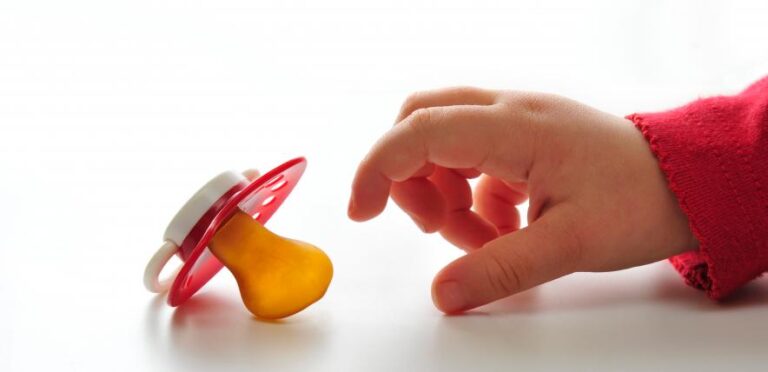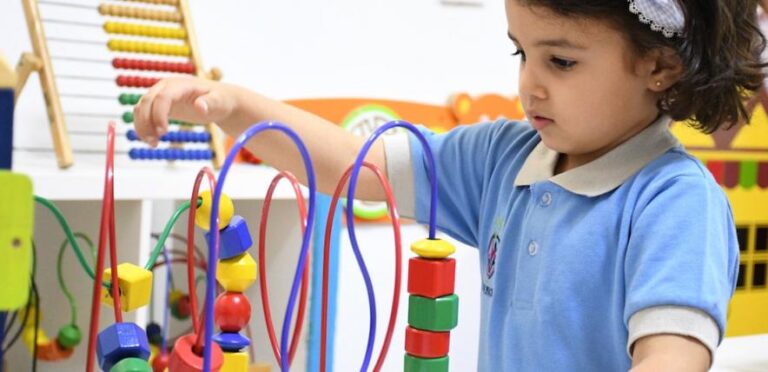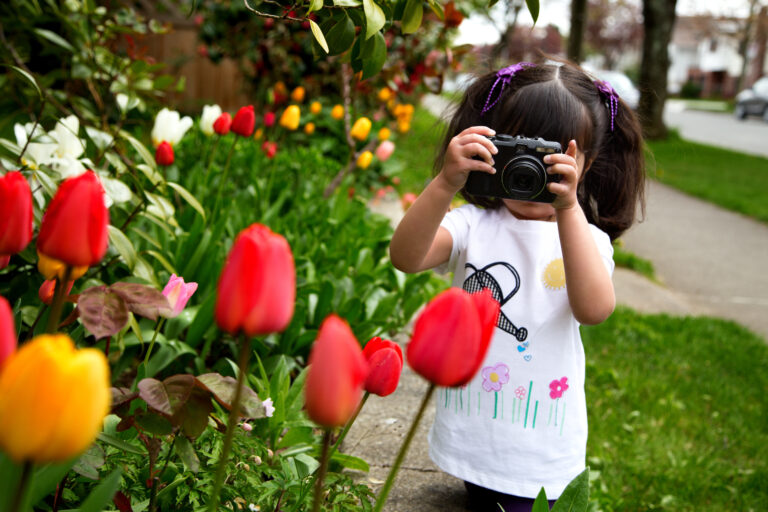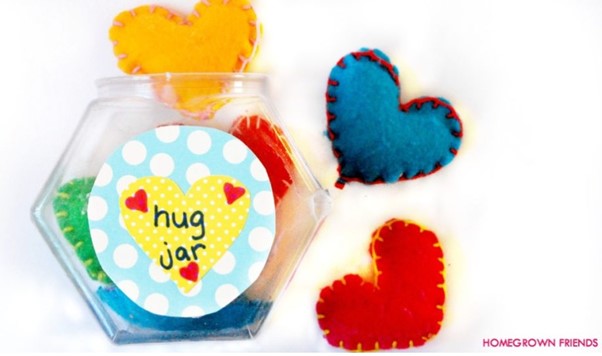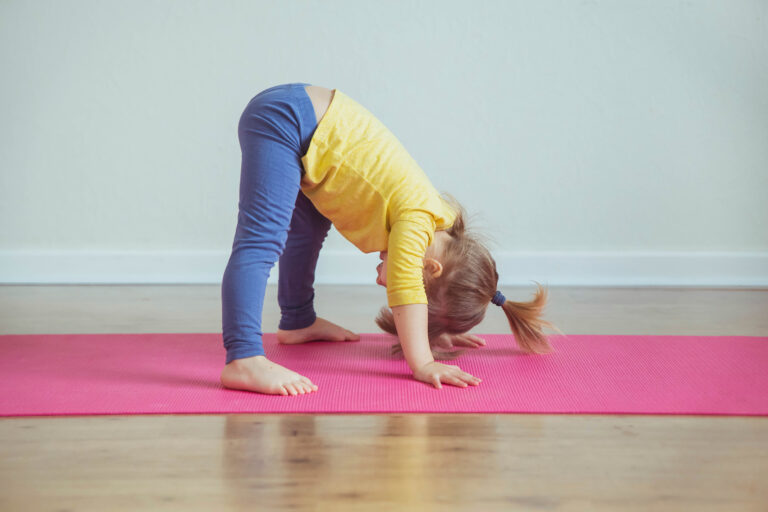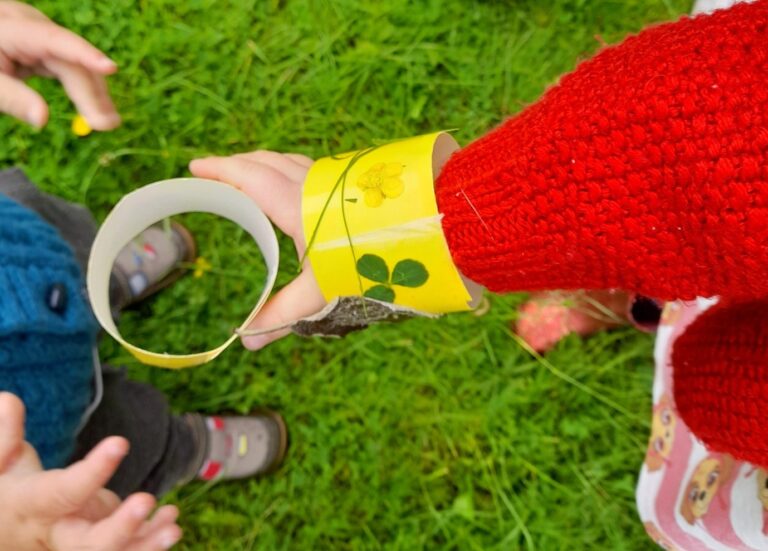I hear lots of conflicting advice about giving my baby a dummy. I don’t know what to do for the best – help!
Dummies, also known as soothers, comforters or pacifiers, are usually used with children from newborn until the age of 12-18 months, though many children use one until they are much older.
Sucking is a soothing action for a baby and while dummies can be useful in the short term, prolonged use also has its downsides.
Generally speaking, health visitors and doctors would not advise against them, but that they should be used appropriately and moderately.
Many parents are opposed to dummies and swear never to give them to their child.
But most babies need soothing and parents may find that the lack of a dummy leads to sucking of thumbs or of a toy or muslin cloth instead.
What are the benefits of giving babies a dummy?
There may be several reasons why a dummy is beneficial for a young baby.
A crying or distraught baby may find huge comfort from the sucking action, and this is particularly true in infants who have colic, or stomach cramps.
The UK’s Department of Health advises that the use of dummies when a child is falling sleep may help to prevent sudden infant death syndrome (SIDS), or cot death. However, the evidence is not strong and not all experts agree that dummies should be promoted.
If you do decide to give you child a dummy while falling asleep,be sure to gently remove it once the child is asleep.
Some experts believe that premature babies benefit particularly from the use of a dummy as it helps them to adapt more quickly from tube to bottle-feeding.
Margaret Hudson was against dummies until she found it soothed her daughter’s colic.
“I was absolutely adamant about it while I was pregnant, but I had a very colicky baby who would scream the house down. I would sit and cry with her not knowing what to do. One day, during a phone call, my mother could hear my daughter crying and suggested I offer her a dummy. I caved in. In an instant our lives were transformed, and the crying stopped.”
“We used the dummy until she was a year old to help her get to sleep, but one day she just spat it out and that was that.”
A dummy also satisfies the ‘suck reflex’ for babies who need to suck for longer than their breast or bottle feed.
It is easier to wean a child off a dummy than to stop them from sucking their thumbs.
What about the downsides of using dummies/pacifiers?
But there are also disadvantages to dummy-use that parents should be aware of.
Most experts warn that a baby should be weaned off a dummy by the age of 12 months and certainly once they have teeth, as a dummy can hinder the growth and development of healthy teeth.
When children use a dummy for longer it can cause overbite or crossbite, where the top and bottom sets of teeth don’t meet properly.
A dummy should certainly never be dipped in anything sweet, such as honey or juice, as this can cause tooth decay.
The prolonged use of a dummy can also hinder speech development.
It might be convenient to pop a dummy in your child’s mouth when you want them to be quiet, but in doing so you might be preventing them from exploring with sounds and expressing themselves vocally.
Some research also suggests a link between dummy-use and recurring ear infections. It is thought that pressure changes causing by sucking, or trapped bacteria, which both occur between the middle ear and upper throat, might be among the causes of this.
Breastfeeding mums should not offer their child a dummy until they have feeding well-established – so not until their child is about a month old – so that the baby does not get confused between the dummy and nipple.
Is there anything else I should know?
The earlier you can wean your child off a dummy the easier it will be as dummy-use can become habit-forming and children become over-reliant on them.
Experts advise that the best dummies for good teeth development are orthodontic, or flat, dummies rather than the cherry-shaped ones, as they are better for a baby’s developing mouth.
Dummies should be kept clean and can be sterilised together with bottles.
However, they need to be checked regularly for breaks and tears, and damaged dummies should be discarded immediately to prevent choking.
Written for the Early Years Alliance by Dorothy Lepkowska
Further reading
Baby Centre – Dummies and pacifiers
Lullaby Trust – Safer Sleep for Babies

